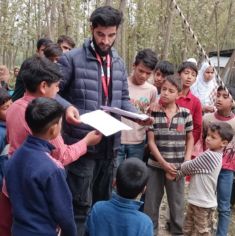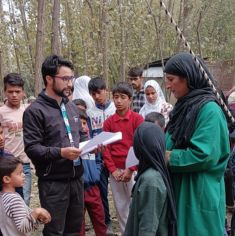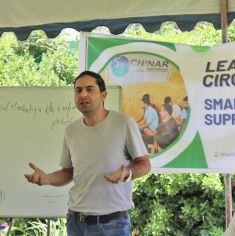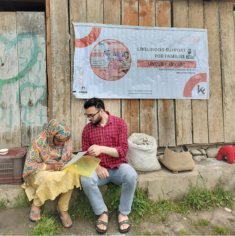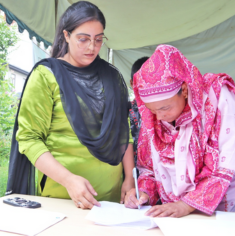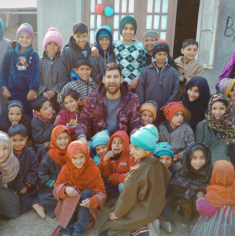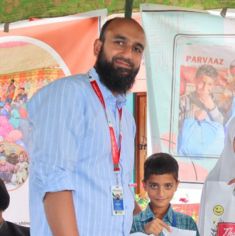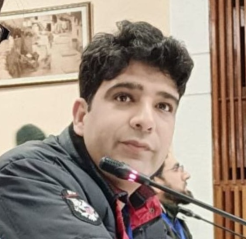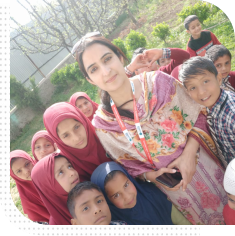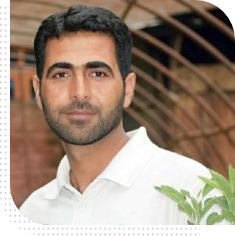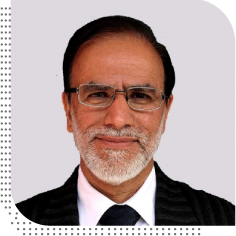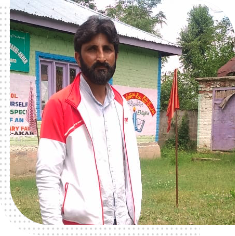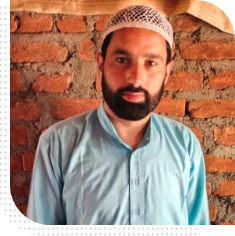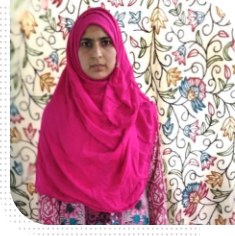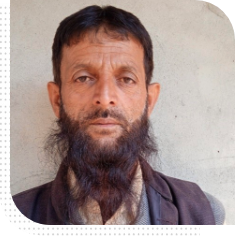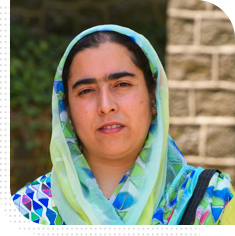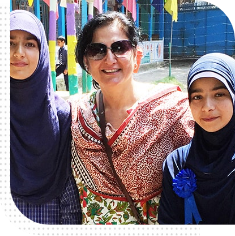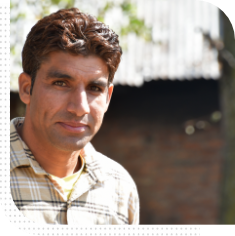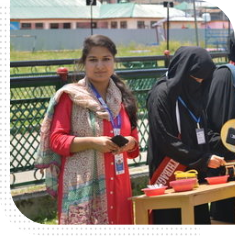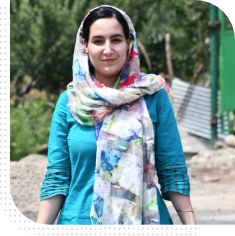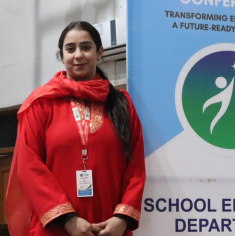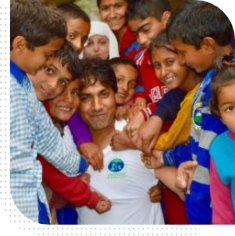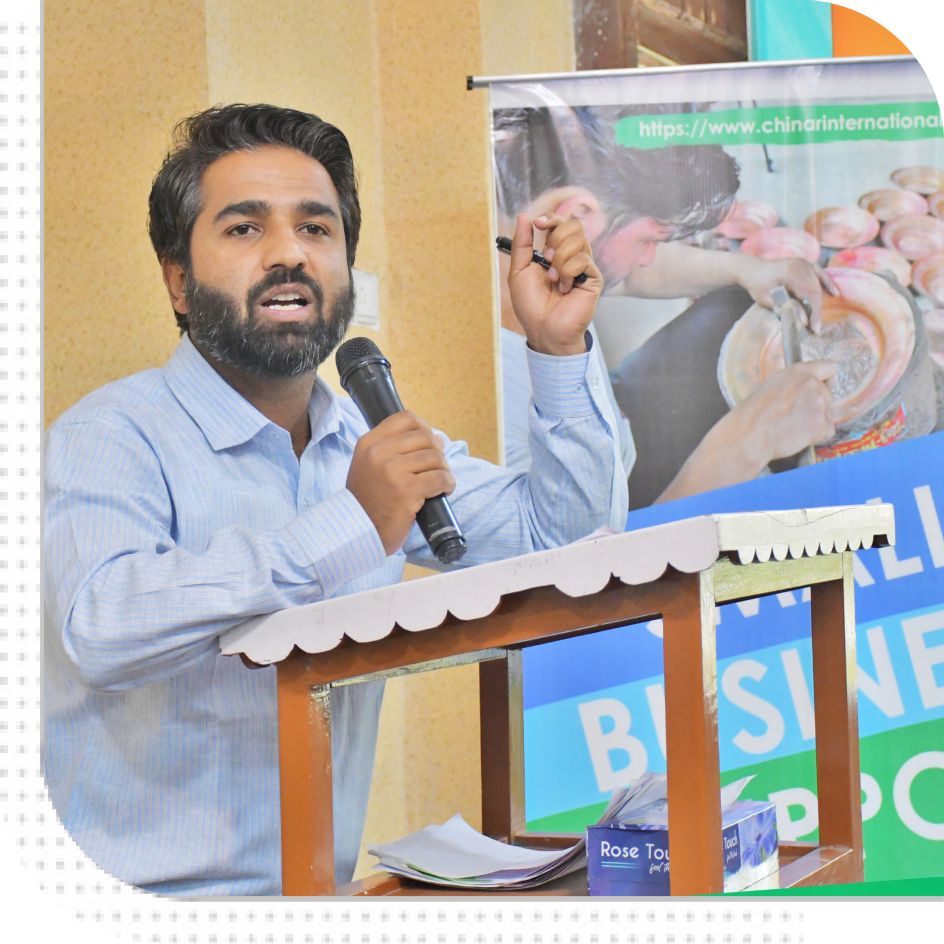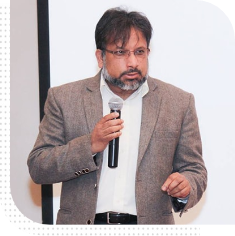Impact
Together we have supported

2186
Children

1060
Families

11
Remedial Tuition Centers
231
Villages

8
Districts
The Need
Parents from low-income and marginalized communities frequently face significant challenges in prioritizing their children’s education, as the urgent need to meet basic necessities such as food and shelter often takes precedence. This situation is further compounded for orphans who rely on relatives within the same socio-economic strata. Consequently, these children are more vulnerable to school dropout and may be compelled to engage in child labour to contribute to the household’s financial stability, placing their education as a secondary concern.
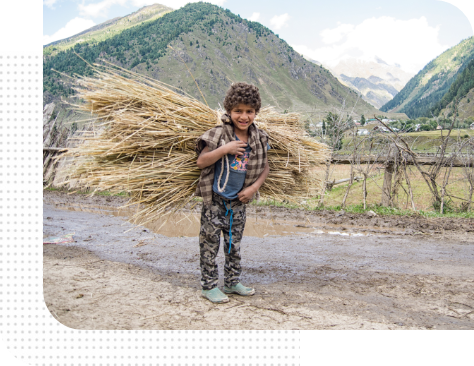
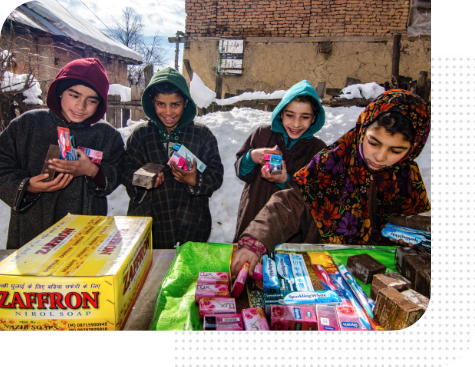
Our Response
The Child Development Program is devoted to ensuring that children from low-income families have access to quality education without the burden of financial constraints. Taking a holistic approach, the program offers comprehensive support, including educational resources, medical care, hygiene products, nutritional assistance, and life skills and mindset training. This support empowers children to remain in school and work toward a brighter, more promising future.
Our Response
The Child Development Program is dedicated to ensuring that children from low-income families can access quality education without the burden of financial stress. The program offers comprehensive support, including educational resources, medical care, hygiene products, and nutritional assistance, to empower these children to continue their education and build a brighter future.

Current Projects
Past Projects

Basic Support
A. Education Support This covers basic necessities for education including school fee, tuition fee, uniforms, books and stationery. B. Medical Support This support type ensures provision of first aid kits, yearly health check-ups, follow up...

Full Support
Full Support includes the Basic Support categories and the following: Nutrition Support Providing for a quality life does not stop at education. Some of the children selected under this program belong to families that cannot...
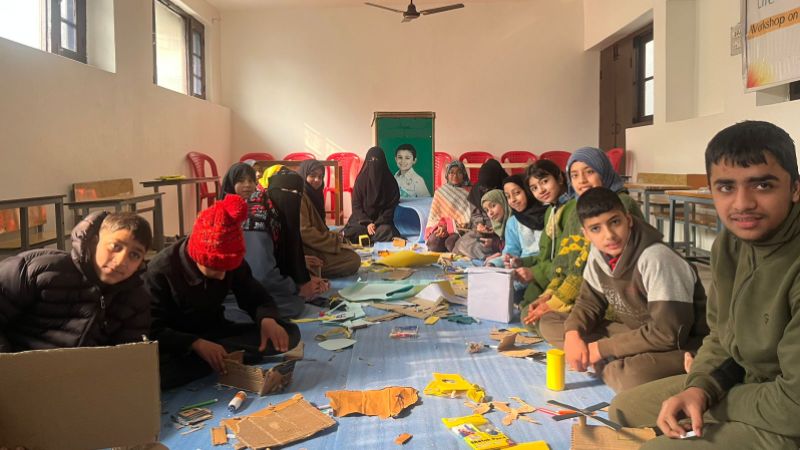
Life Crafters Program
The program is focused on teaching children life skills that will empower them to overcome life’s challenges and capitalize on opportunities through capacity building and mindset transformation. The target group consists of children aged 13...

Career Prep Boot Camp
This program is aimed at helping children in the age group of 15 to 18 years to have broadened career possibilities, increased prospects for personal growth, acquisition of new age career information, and increased knowledge...
Current Intervention

Stories From The Field
FAQ’s
What is the beneficiary selection criteria?
We use well-defined selection criteria to identify potential beneficiaries for our Child Development program. The economic condition is one of the primary conditions for selecting the family. Secondary factors include whether the child is orphan, parental health, child labour, widows, no existing support from government or non-profit organization, etc. We conduct assessment surveys and consult with community heads, individual contacts and partner organizations to generate an initial list of deserving families. This is followed by a thorough verification process to shortlist the most deserving children and families for enrolment in the program. For more information, learn about our process and protocols HERE.
|
Support Category |
Eligibility Criteria |
|
Full Support |
Family Income Less than INR 6000 |
|
Basic Support |
Family Income between INR 6001 to INR 10,000 |
|
Guardian Livelihood Support |
Guardian Livelihood Support |
|
Family Livelihood Support |
Family Income between INR 10,001 to INR 13,000 Viable skill set or need of business revival/acceleration with children admitted in a school, with regular attendance. |
DEPENDENCY FACTORS FOR SELECTION:
No. of earning members v/s no. of dependent family members – old aged parents, small children. Chronic illnesses that require regular expense on medication
OBSERVATIONAL DATA FOR SELECTION:
House structure & furnishing Household and family hygiene Clothing
ASSET VALUE:
This includes income generating assets owned by the family in the form of land, vehicle, orchards, livestock or shops etc.
What is the program duration?
The program duration varies from beneficiary to beneficiary and eligibility for graduation from the program is evaluated on a regular basis. It depends on the age at which the child is enrolled in the program, how long it takes for the child’s guardian to reach self-reliance and the time it takes for the child to reach a logical conclusion i.e. to graduate from one of our programs and become self-reliant.



















